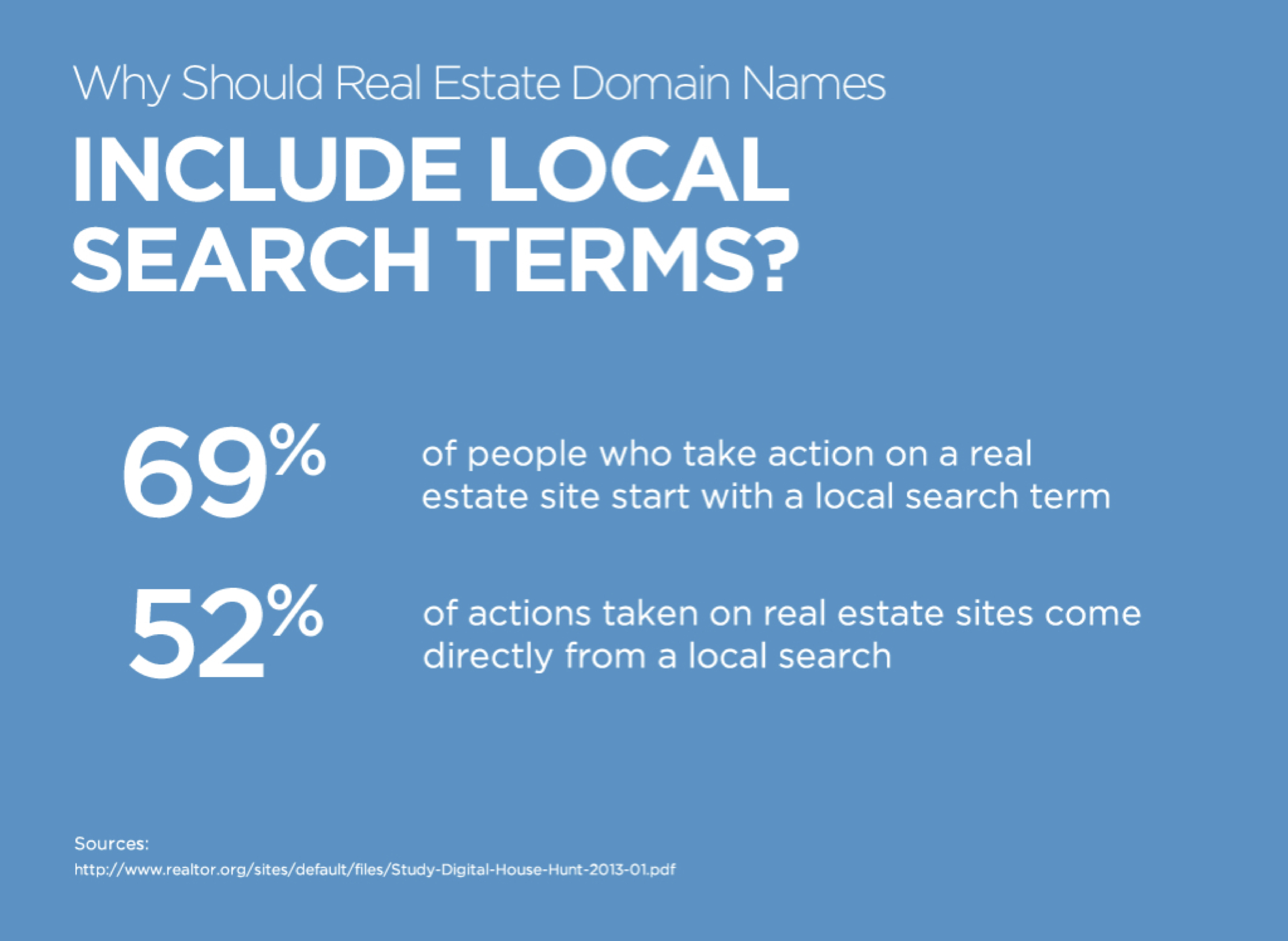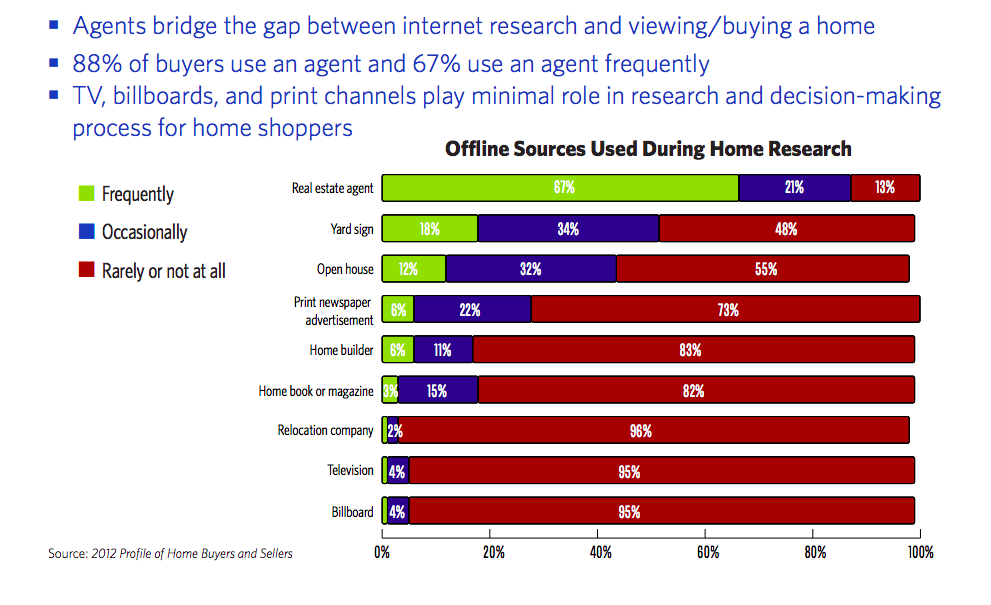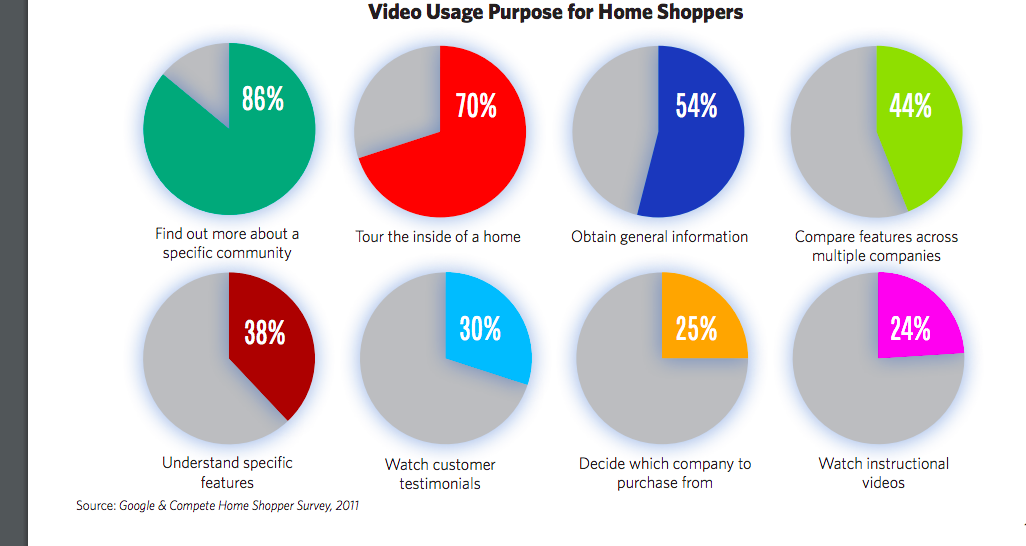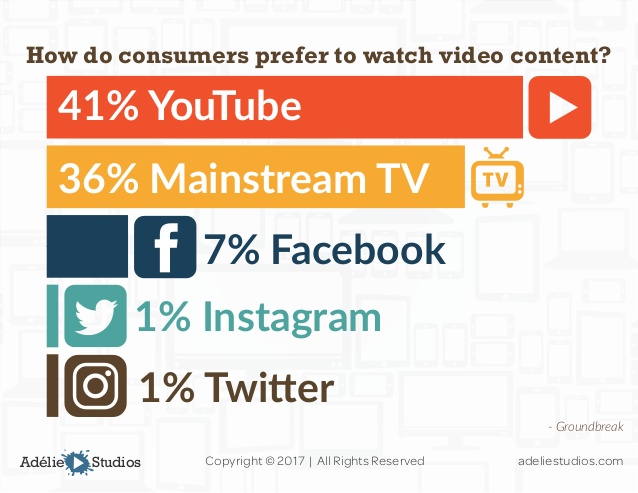Online consumers in every industry are using the internet more extensively to research and discover brands. It’s no surprise, then, that real estate searches also grew 253% between 2008 -12!
Of course, internet use has become much more diversified and sophisticated since 2012. New forms of digital media, new apps, social networks, and services are available to homebuyers that make it easier than ever to find the right home, neighborhood, or agent.
Competition for leads and visibility online, however, is a challenge both new and seasoned agents must constantly struggle with. Search algorithms and social networks are constantly evolving. Everyone wants the answer to the million dollar question:
How do I connect with more prospects searching online for an agent or home?
In this article of Become a Local Leader, we’ll explore some helpful tips and insights to help you understand the digital home shopper!
Promote Online Trust, Not Advertising with Digital Home Shoppers
Real estate searches have steadily grown, yet 72% of real estate agents are unsatisfied with their online lead generation.
Ads are playing a less important role in the buying cycle with digital home shoppers because ads don’t provide them with the insights they need to make informed decisions.
In fact, 70% of consumers, including prospective homebuyers and sellers, prefer to engage with a brand through online content rather than an ad.
Rather than investing solely in PPC campaigns, consider creating content that builds trust and recognition with online home shoppers. Focus your marketing efforts on quality digital media your local audience will want to consume, as well as share.
Zero Moment Of Truth
There is a point in the buying cycle when the prospect becomes aware of their need. Rather than proceed directly to the product, however, consumers are spending an increasing amount of time researching the product or service online.
This critical research phase of the buying cycle is referred to by marketers as the ZMOT, or ‘zero moment of truth’. It’s critical because the consumer’s online research determines who they will engage with and, ultimately, buy from.
“If a brand isn’t strategically and usefully active within the ‘Zero Moment of Truth’, then it’s entirely less likely to have a share of voice within the ZMOT.” (Source)
Initially coined by Google in 2011, ZMOT expands on an earlier Procter and Gamble marketing concept, the FMOT (first moment of truth. Shortly after a prospect discovers you, there is a window of opportunity to engage and build their trust.
In other words, if you can successfully connect with home shoppers during the research phase, you’ll be more successful at converting those leads into listing appointments.
Why Every Agent Should Be Active Online
As we’ve mentioned, today’s homebuyer uses the internet extensively in their home search. On average they spend as long as 3 months researching before they make a purchase. It can take 7 – 11 engagements with your brand before they actually contact you.
Building trust with online home shoppers means engaging with them in different ways to enable their search. Provide them with useful, comprehensive information that helps them
- understand the local housing market
- compare neighborhoods and homes
- view and explore homes virtually
As the NAR report explains, motivated buyers and sellers will typically contact an agent within 3 weeks of their house search. They may have discovered you before that time, however, through an online referral or search engine.
With this in mind, make it easy for potential buyers and sellers to find you during their research phase of the buying cycle. Instead of advertising directly to them, appeal to their need for free, comprehensive, local housing information.
Why You Should Go Local
Engage with prospects early in their home search and you’ll increase your odds of winning their business. Focus your marketing on the local market and brand yourself as the neighborhood expert.
69% of home shoppers who engage on a real estate site begin their search locally. It makes sense that home shoppers begin their search locally because it’s familiar to them.

Your content marketing strategy should focus on serving local homebuyers researching online.
Find ways to serve your local audience online by creating content relevant to the local market. Give your content away for free and invite users to share it.
Offline Home Shopper Behavior
Home shoppers research the local housing market in a number of ways. All trends point to an increase in internet use for real estate, but being visible offline can still attract inquiries from local prospects:
- Open house 46%
- Yard sign 53%
- Print media ad 28%
- Home book or magazine 19%

Offline marketing is becoming less effective as a source of leads as consumers and technology become more sophisticated. The good news, however, is that real estate agents still play a major role in the homebuying process
Review your marketing budget and consider allocating your resources strategically to support lead generation that yields higher conversion and ROI.
If yard signage, for example, hasn’t been historically effective for you, it may be time to try a Facebook Live Tour for your next open house.
You could also invest in a more robust email marketing strategy to build a database of local prospects.
Mobile Home Shoppers
Mobile search is playing an increasingly common role with home shoppers. 68% of consumers use their mobile phone at the onset and throughout their search. being mobile savvy will help you connect with more buyers and sellers in the digital age.
- House hunting apps (Zillow, Placester, Zoocasa, etc)
- Maps
- General news websites
- Search engines (Yahoo!, Bing, Google, etc)

Create blog posts that are SEO-friendly to attract more qualified organic traffic from local homebuyers. You can also plan a retargeting campaign to serve relevant ads on mobile and tablet devices long after visitors to your site leave.
Real Estate Video Content Home Shoppers Consume
Consumers are hungry for digital content, but only 12% of the current real estate industry has a YouTube account.
A typical homebuyer’s search for a property includes a variety of online video resources:
- 86% watch videos to learn more about a community
- 70% use virtual tours of a home
- 30% view customer testimonials

Youtube is their preferred source for video content. They watch more real estate videos on Youtube than they do on real estate aggregator sites or brokerage websites.
Why? Because YouTube is a discovery tool. As such, it plays a critical role in the digital search for a home.
70% of homeowners expressed a preference for agents with video services (ie Facebook Live Tour, Virtual Tour).

This represents a great opportunity for you to stand out from local competitors. Launch a YouTube channel and invest in creating real estate videos that are relevant to your target market.
Popular Search Terms For First-Time Digital Homeshoppers
Whether you focus on first-time homebuyers or seniors, here are the most popular search terms they use to discover an agent or home:
- Buying A Home
- FHA Loans
- Foreclosures
- Home Loans/homebuyer assistance
- Mortgage calculator
- Local housing market trends
- Open houses
Include these keywords in your content and you’ll be sure to attract more homebuyers in your farm.
7 Important Tips To Attracting Digital Home Shoppers
- Turn your website into a digital hub of local content.
- Serve users with helpful, free content during the ZMOT in the buying cycle.
- Update your social media with your content and engage with others regularly.
- Create mobile-friendly communications to aid in digital discovery.
- Use advertising strategically to re-enforce brand recognition.
- Invest in producing video content for discovery on YouTube.
- Diversify your content to reach prospects from different age groups.
Summary
With better insight into digital home shopper trends, you can reduce your spending on digital ads that yield very poor conversion. Focus instead on great content that attracts qualified home shoppers.
Instead of soliciting prospects with your real estate services, brand yourself online as a neighborhood expert. Recognize the importance of mobile-friendly solutions and invest in video content to support your lead generation.
Create a marketing budget and a content marketing plan that includes offline tactics as well as PPC advertising. Review past successes and failures to determine how best to allocate your resources moving forward.
Engaging with prospective homebuyers at the zero moment of truth will give you a strategic advantage over your competitors.
Remember, online trends are always changing so stay informed. Continue to learn how home shoppers use the internet, and you’ll spend more time qualifying leads than chasing them. You can read the full 2013 NAR Report on Digital House Hunting here.






